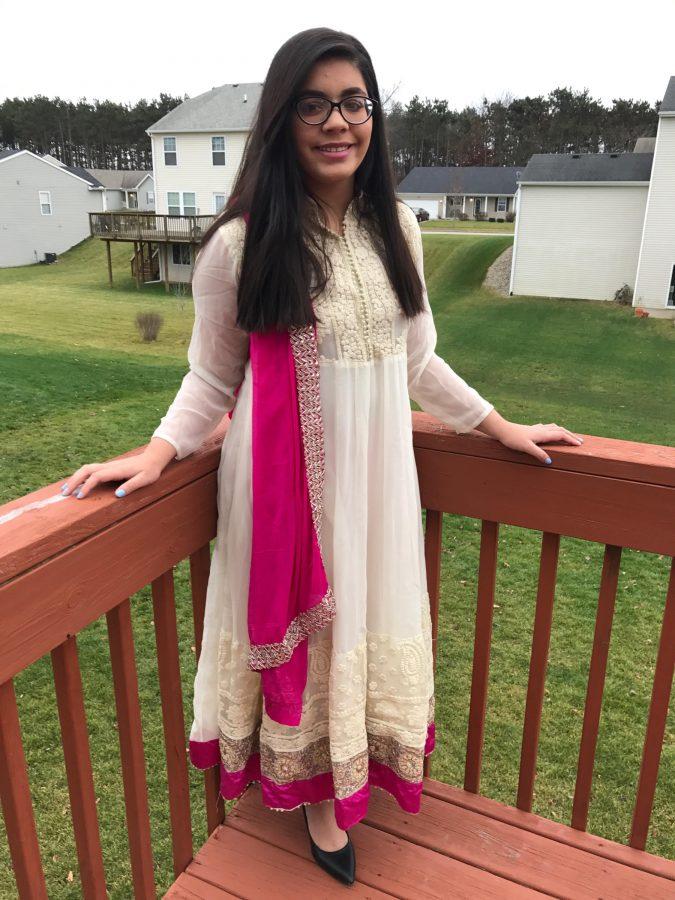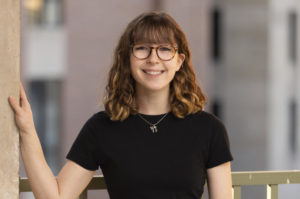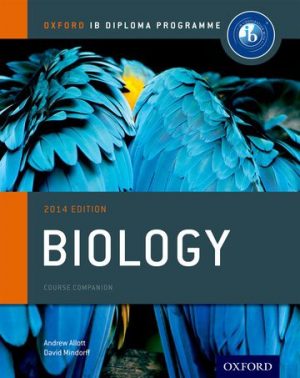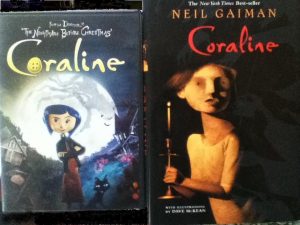Best of both worlds: Kushi Matharu blends Indian and American culture
March 24, 2017
The Indian community here at Portage Northern is very vast in geographical range. There are several different regions of India. The Northern Region consists of Haryana, Himachal Pradesh, Jammu and Kashmir, Punjab, Rajasthan, Uttar Pradesh, and Uttarakhand. These locations are famous for Kashmir and the Golden Temple, all of which are unique in their own ways. Going deeper into India, we find the West Region. Within this area, we discover Goa, Gujarat, and Maharashtra. This location is known for their street food, and bollywood motion pictures. Leading us all the way down to the Southern Hemisphere of India, where Andhra Pradesh, Karnataka, Kerala, Tamil Nadu, and Telangana lives. These locations are known for the Hindu Temples and pilgrimage sites. If we go over to the east side of India we find Bihar, Jharkhand, Orissa, and West Bengal. These landmarks are known for the love for football and cricket, and the sweet desserts called rosgula and mishti doi. PNHS has students from all of these locations, spanning the entire densely-populated country, and Kushi Matharu (11) is one of them.
Here in America, we often do not know these cultures as they are not taught much here in school, but India is a large country that holds so much diversity. Matharu describes her life through the Punjab region of India: she grew up in Chennai, which is in south India. She was raised there until age 6, and she has been back twice since then. She lives the ‘best of both worlds’ type of life. “I go to an American school, and speak English. We celebrate American holidays and wear American clothes. But we go to the Gurdwara every sunday and speak Punjabi,” she states. Not only does she speak Punjabi, she speaks English and Hindi. Being trilingual helps you in many ways throughout your life. In fact, speaking three languages give you a larger amount of job opportunities, and college options. Don’t forget it teaches you art, history, and especially, your heritage. “Being trilingual helps me connect to people of my culture. I understand my family, and helps me learn more about the history of my people,” she says.
Matharu especially likes American and Indian holiday celebrations. She told me that enjoys Diwali and Christmas, Diwali because “it was the day one of our Gurus lead thousands of Muslim slaves out of prison. We just have a huge party and there’s a lot of music. It’s just a lot of fun.” She enjoys Christmas because “it’s the environment and how kind everyone gets around that season.” Matharu finds lots of love within her culture, and she represents her culture by trying to maintain a loving and understanding personality.
One thing that bothers Matharu are racial stereotypes. Not only are Indians often stereotyped as terrorists, doctors, lawyers, and engineers, the Punjabi men are often confused with Muslims and subject to negative stereotypes because of their turbans. This is an issue for Matharu, who is an avid fighter of racism or cultural appropriation. “I feel very discriminated against a lot of the times and have been called a terrorist before. One time, a group of kids in my art class continuously called me a terrorist. This made me feel like I was an awful human being,” she states. Matharu encourages students to, instead of looking for our differences, look more for the good in others and be kind and accepting. “We need to do our best as a nation to promote an equal world,” she said.










Lexi Doll • Mar 6, 2018 at 11:49 am
I love Kushi!! Also, I love the culture topic, bringing diversity to PN is very important.